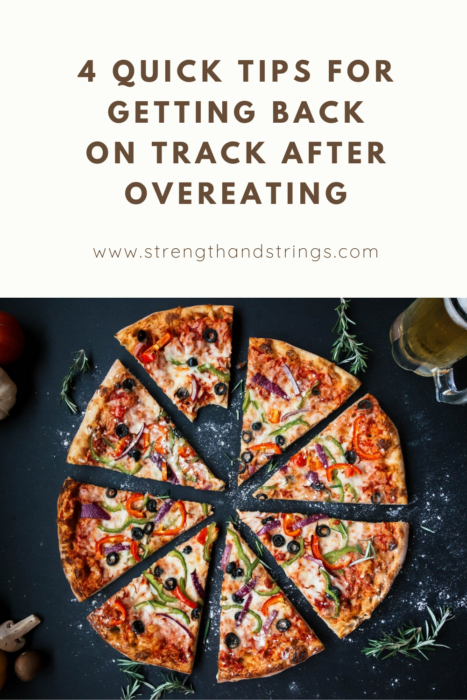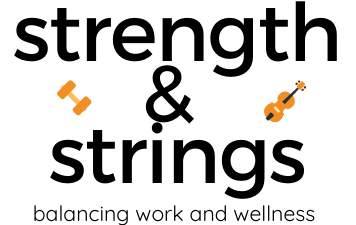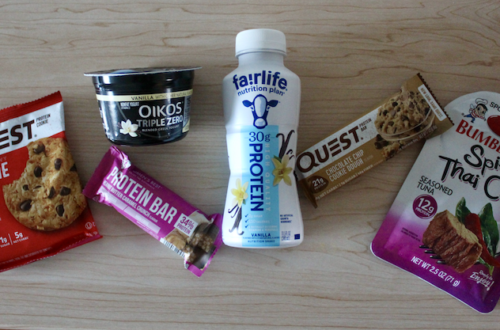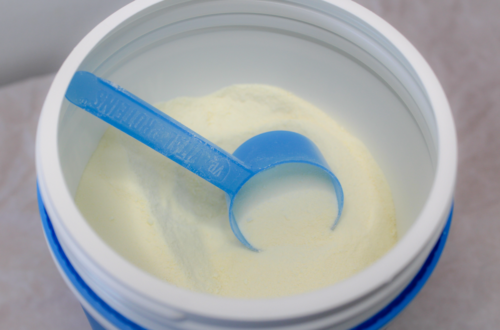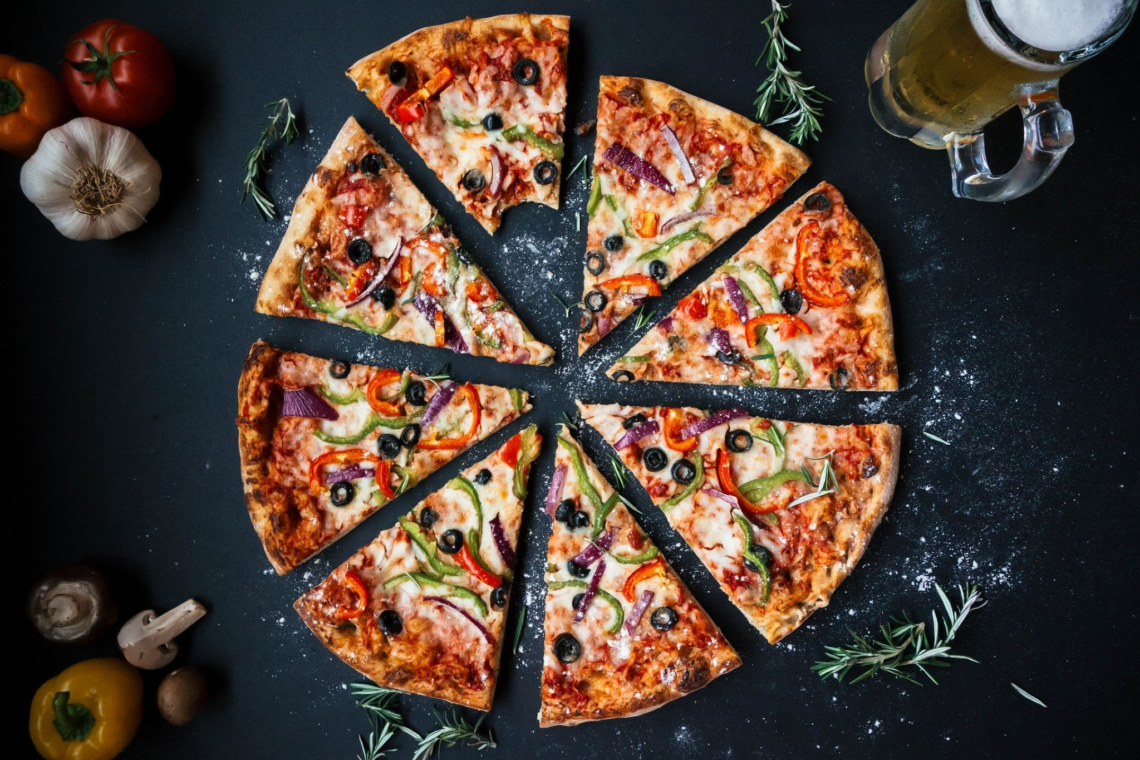
4 quick tips for getting back on track after overeating
Last summer, I went to New Orleans for my friend’s bachelorette. Even though I tried my best to stick to my diet, it was not worth passing up the opportunity to have an authentic po’ boy or beignet. Although the food was great and worth eating, I did not feel great afterwards and experienced a little bloating from the excess salt and fat. After a few days of my usual eating and exercise habits, my body felt better and went back to its normal state.
Whether it’s from being on vacation, coping with stress, or binging on our favorite snack, many of us have experienced eating more than we should have and not feeling great afterwards. Even though overeating is not the healthiest practice, it happens to the best of us and it does not hurt to have a plan in your back pocket for when it does. Keep reading to learn more about overeating and 4 quick ways to get back on track.
What happens to your body when you overeat?
Overeating is exactly what the word is. It is formally defined as eating past the point of fullness. When you overeat, the stomach expands more than it usually does, which puts pressure against your other organs. This pressure may cause you to feel tired and uncomfortable. You may also develop heartburn or gas. Over time, you may gain weight from the intake of excess calories.
Tips for getting back on track
1. Do not beat yourself up from straying away from your goals for a bit. You should not feel guilty for eating and enjoying yourself. There are no “good foods or “bad foods.” Some foods provide more value to your body than others.
2. Resume your usual diet. Make sure you are eating balanced meals. Sometimes, we might feel the need to cut carbs or only eat vegetables for our next meal to compensate. However, you are not fueling your body properly this way and it might cause you to overeat later. I also recommend avoiding foods that can cause bloating so the situation does not become worse.
3. Get some exercise. Some movement will help burn off the excess calories and may help digestion. I notice that I can lift heavier at the gym a couple days afterwards due to the extra energy.
4. Drink enough water. It will help flush out extra sodium and reduce bloating. However, avoid carbonated water as the bubbles may increase discomfort.
Final thoughts
If you stay consistent with the steps above, you will get back on track in a short time. Remember, one or two bad meals will not completely undo your progress. If you find yourself experiencing the effects of overeating often, you may have an eating disorder and should seek medical advice.
